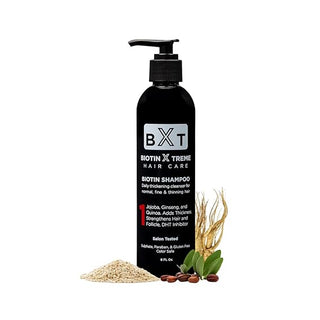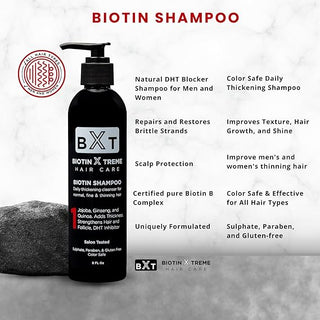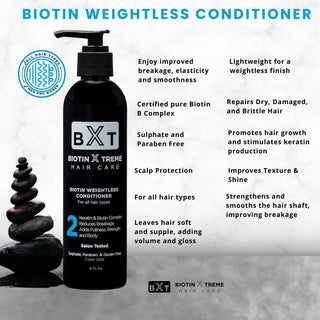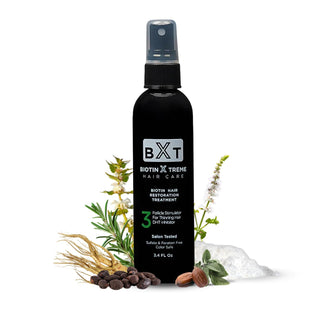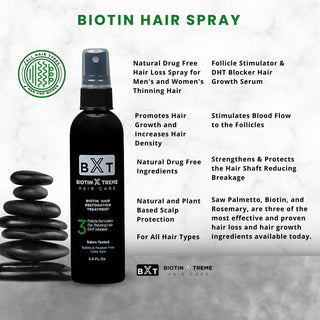Did you know that over 50% of women experience some kind of hair loss during their lifetime and the main reason is hormonal changes? Hair fall is a natural process. Every day you can lose up to 100 hair strands. However, if you find bunches of unexplainable hair on your comb or pillow then it needs proper attention.
If you are experiencing severe hair fall in the mid-30s or 40s then there is a possibility of perimenopause issues. But, how to stop hair loss during perimenopause? You can unfold the answers to find the right solution by digging deeper and understanding this phase of life. Let’s know what perimenopause is to know the reason for the physical and mental changes. You can only address a problem if you comprehend the root cause. does biotin help menopausal hair loss
What is perimenopause?
Perimenopause is the middle age phase generally after the 40s when the pre-menopause period hits. This is the time when the ovaries reduce the production of estrogen which is the main female hormone. The menopause age differs for every woman and therefore, it is tricky to pinpoint the specific age. When the ovaries stop producing eggs which are usually a year or two before menopause then this period is perimenopausal.
Different women can experience distinct types of problems during this period. The symptoms or health issues may vary from hot flashes, fatigue, mood swings, insomnia, irregular periods, and hair fall. You can always take help from your health experts and doctors to combat this phase without much difficulty. However, if you are seeking the answer to what helps with perimenopausal hair loss then read on.
How can I prevent hair loss during menopause?
You can prevent severe hair loss during menopause by taking the right steps at the early onset of hair fall. Start the treatment by first getting a clinical analysis of the hair fall triggers. This particular analysis is important because depending on the reason for hair fall you must decide the treatment methods.
If the hair loss is genetic then the focus is less on prevention and more on hair damage reversal and retention. This is because technically genetic hair fall is untreatable, and you can only work towards the retention of the hair and enhancing the scalp conditions. Now the query arises; does perimenopause hair loss grow back? Yes! It can if you start immediately and regularly follow the diet and hair treatments by using natural drug free and plant based shampoo, conditioner and follicle stimulators like Biotin Xtreme’s hair care products.
How to plan a lifestyle to combat perimenopausal hair fall?
- Work on stress levels: Most people experience stress at some point in time in life. You must take conscious measures to decrease the stress levels whether triggered by work or personal life. Stress leads to perpetuating hormonal imbalances and that is never good for anybody.
- Exercise and stay active: Physical activity is a fantastic way to reach fitness and wellness goals. It is also an effective way of distracting from routine problems that trigger stress. Menopause can result in weight gain and mood swings. You can pick any activity like swimming, sports, running, brisk walking, or gym session to stay agile.
- Healthy diet: Plan your meals and stick to freshly made food. Avoid eating from cans and packets. A healthy diet is the foremost step to attaining a healthy body and mind. A lot of food items help in calming the body and mind. Speak to your nutritionist and health expert to plan a diet chart and stick to it.
- Stay hydrated: As simple as it may sound, drinking the right quantity of fluids every day can solve most of your health problems. Start your day by drinking some warm water and abstaining from caffeine beverages.
- Watch hair styling: You should watch out for the harsh chemicals and products that trigger more hair dryness and eventually leads to hair loss. Don’t tie your hair with very tight scrunchies or pull back the hair with hair accessories. Pulling the hair weakens the roots and leads to hair loss . Avoid using chemicals on your head rather look for menopausal hair loss shampoo and menopausal hair loss conditioner to treat your hair.
- Supplement your diet: Your dietitian or hair fall expert can help you with the right supplements to combat hair fall. There are several tablets, powders, and capsules that can promote scalp conditions and reduce hair fall during menopause.
- Sign-up for target treatment: You can discuss with your hair salon to look for target treatment for perimenopausal hair fall. There are various anti-hair shedding treatments like Biotin Xtreme that include menopausal cleansers and serums to improve your hair quality.
What’s the conclusion?
Once you understand the root cause of hair fall it is simpler to decide the line of treatment and the lifestyle changes you must bring to improve the conditions. Accepting the fact that you are approaching your menopausal age and hair fall, mood swings and physical changes are part of it is the foremost positive change you can bring before moving to treatment.

